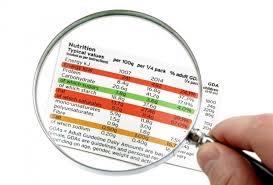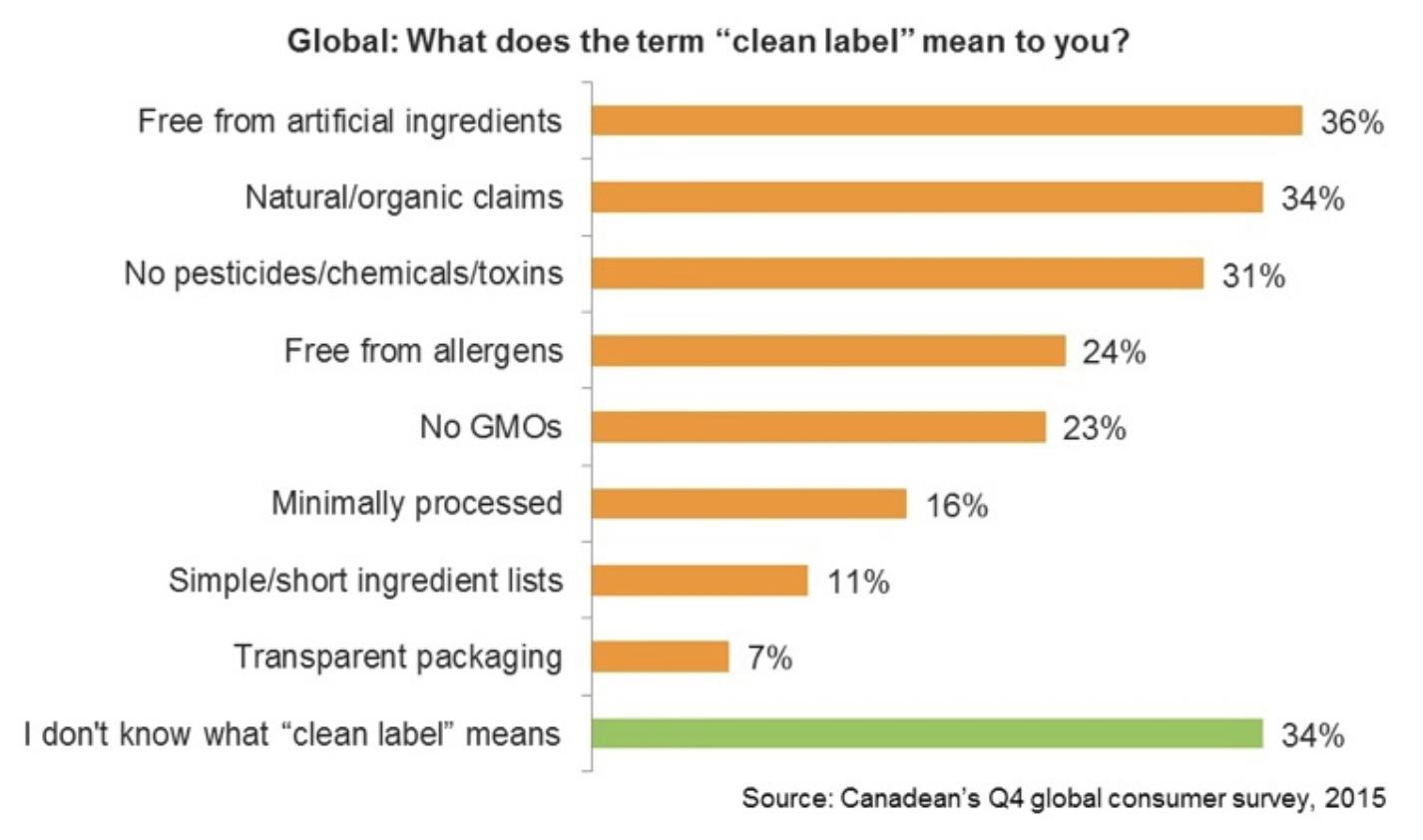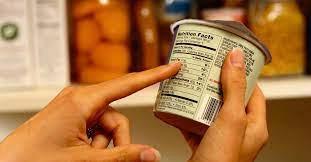 In 1997, an eating disorder termed orthorexia was described. The term includes the Greek for ortho or right and orexis or appetite. The condition that has yet to be included in the Diagnostic, Statistical Manual Of Mental Disorders (DSM) comprises an obsessional preoccupation with “pure” food and nutrition. Orthorexia is frequently associated with other disabilities including anxiety and obsessive-compulsive disorder. Mild forms can be characterized by excluding all but certified organic foods from the diet, avoiding gluten without evidence of intolerance or an obsession with “clean” labels. More severe forms include a frequently progressive disinclination to exclude certain foods from the diet that ultimately progresses to malnutrition.
In 1997, an eating disorder termed orthorexia was described. The term includes the Greek for ortho or right and orexis or appetite. The condition that has yet to be included in the Diagnostic, Statistical Manual Of Mental Disorders (DSM) comprises an obsessional preoccupation with “pure” food and nutrition. Orthorexia is frequently associated with other disabilities including anxiety and obsessive-compulsive disorder. Mild forms can be characterized by excluding all but certified organic foods from the diet, avoiding gluten without evidence of intolerance or an obsession with “clean” labels. More severe forms include a frequently progressive disinclination to exclude certain foods from the diet that ultimately progresses to malnutrition.

Orthorexia should be differentiated from both anorexia nervosa and bulimia, both of which involve the volume of food consumed. Those suffering from orthorexia are more concerned with the type and source of the food in their diets. With extreme manifestations of the condition, volume will be reduced. Behavioral abnormalities expressed by individuals including eating disorders may be intensified by intemperate use of social media that may exacerbate the intensity of their conditions.
 A further complication of orthorexia is the desire to extend personal choices in eating to others. It is possible that some of the zealous vegans who oppose all forms of livestock production are not concerned with the welfare of herds and flocks. They may be responding to a compulsion to inflict their dietary proclivities on others by promoting a vegan agenda. This is evident among aggressive and proselytizing vegans who influence decisions on school and institutional meals and as elected officials and even members of Congress oppose animal agriculture.
A further complication of orthorexia is the desire to extend personal choices in eating to others. It is possible that some of the zealous vegans who oppose all forms of livestock production are not concerned with the welfare of herds and flocks. They may be responding to a compulsion to inflict their dietary proclivities on others by promoting a vegan agenda. This is evident among aggressive and proselytizing vegans who influence decisions on school and institutional meals and as elected officials and even members of Congress oppose animal agriculture.